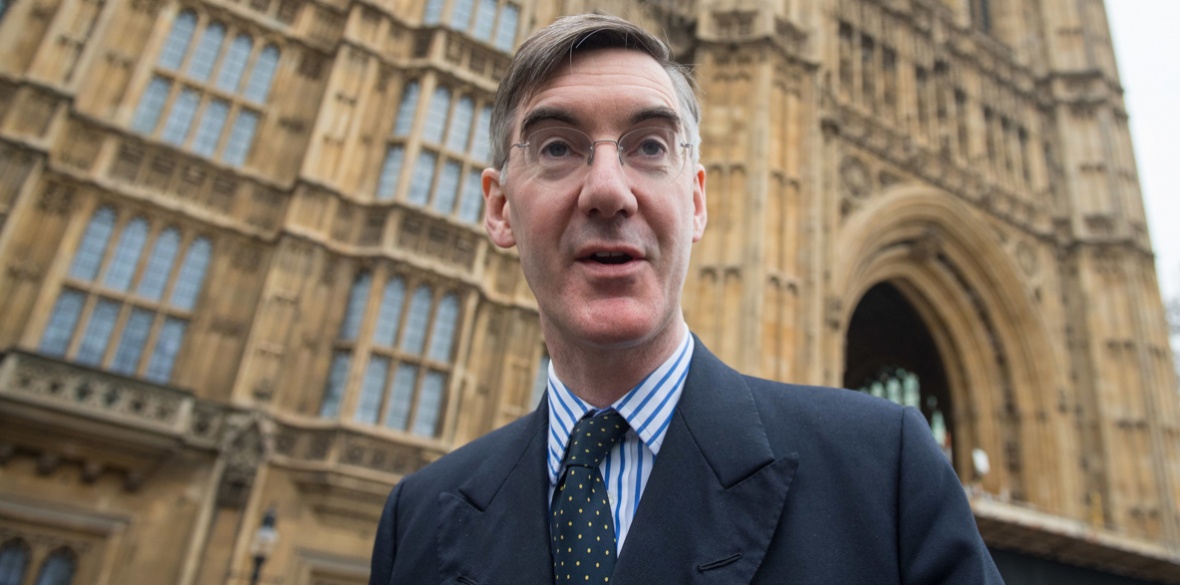This is the last article you can read this month
You can read more article this month
You can read more articles this month
Sorry your limit is up for this month
Reset on:
Please help support the Morning Star by subscribing here
WITH the Brexit crisis rumbling on and the Tory Party divided between pro-Brexit and pro-Remain MPs, it’s possible that the party faces its biggest split since 1847.
Robert Peel was elected in 1841 with the backing of landowners who did not want the Corn Laws repealed (a tax on imported wheat that kept domestic bread prices high, likewise profits for farmers) but did in fact repeal them in 1846 with the backing of the Anti-Corn Law League.
The working class, primarily the Chartists, were only marginally concerned in terms of the organisation of the League pushing instead, in due course successfully, for a Ten Hours Act to reduce the length of the working day — a measure they correctly judged would have more impact on workers’ lives.
The numerous petitions for repeal of the Corn Laws organised by the League did attract considerable numbers of working-class signatures.
Cheaper bread was a demand raised at Peterloo. What the League either didn’t want to do, or failed to, was to involve those working-class voices in its actual campaigning structures.
Jacob Rees-Mogg, who has a history degree from Oxford, has argued that Peel’s actions split the Tory Party and this led to them being out of office for several decades as a result.
In this, as in so many things, Rees-Mogg is not entirely right.
The Tories did have brief spells in office in the 1850s and 1860s but not until Benjamin Disraeli in 1874 were they able to reassert themselves as a dominant parliamentary force.
The Tory Party of the 1840s was hardly the one we know today. The modern Liberal Party was not formed until 1858 and the present shape of the Tory Party was not fully defined until the early 20th century.
The second half of the 19th century saw several significant realignments in ruling class politics between Tories and Liberals.
On the left the definitive view of what the repeal of the Corn Laws actually meant for workers came from Karl Marx.
The English workers have very well understood the significance of the struggle between the landlords and the industrial capitalists. They know very well that the price of bread was to be reduced in order to reduce wages, and that industrial profit would rise by as much as rent fell.
The English workers have made the English free-traders realise that they are not the dupes of their illusions or of their lies; and if, in spite of this, the workers made common cause with them against the landlords, it was for the purpose of destroying the last remnants of feudalism and in order to have only one enemy left to deal with. The workers have not miscalculated, for the landlords, in order to revenge themselves upon the manufacturers, made common cause with the workers to carry the Ten Hours Bill, which the latter had been vainly demanding for 30 years, and which was passed immediately after the repeal of the Corn Laws.
- Karl Marx Brussels January 1848
The Tory split, however, very much mirrors the issues that have obsessed the Tory Party over Europe and now Brexit for many years — namely, is free trade or protection in terms of tariffs the best way for capital to successfully go about its business and make a profit?
As in 1847, if the Tories do split over Brexit, it is the job of the labour movement to make sure that the moment of ruling class crisis is used to push through changes that benefit the working class as Marx urged 150 years ago.
It might also be reflected however that Theresa May hardly has the political skills of Peel.
Keith Flett is a socialist historian










